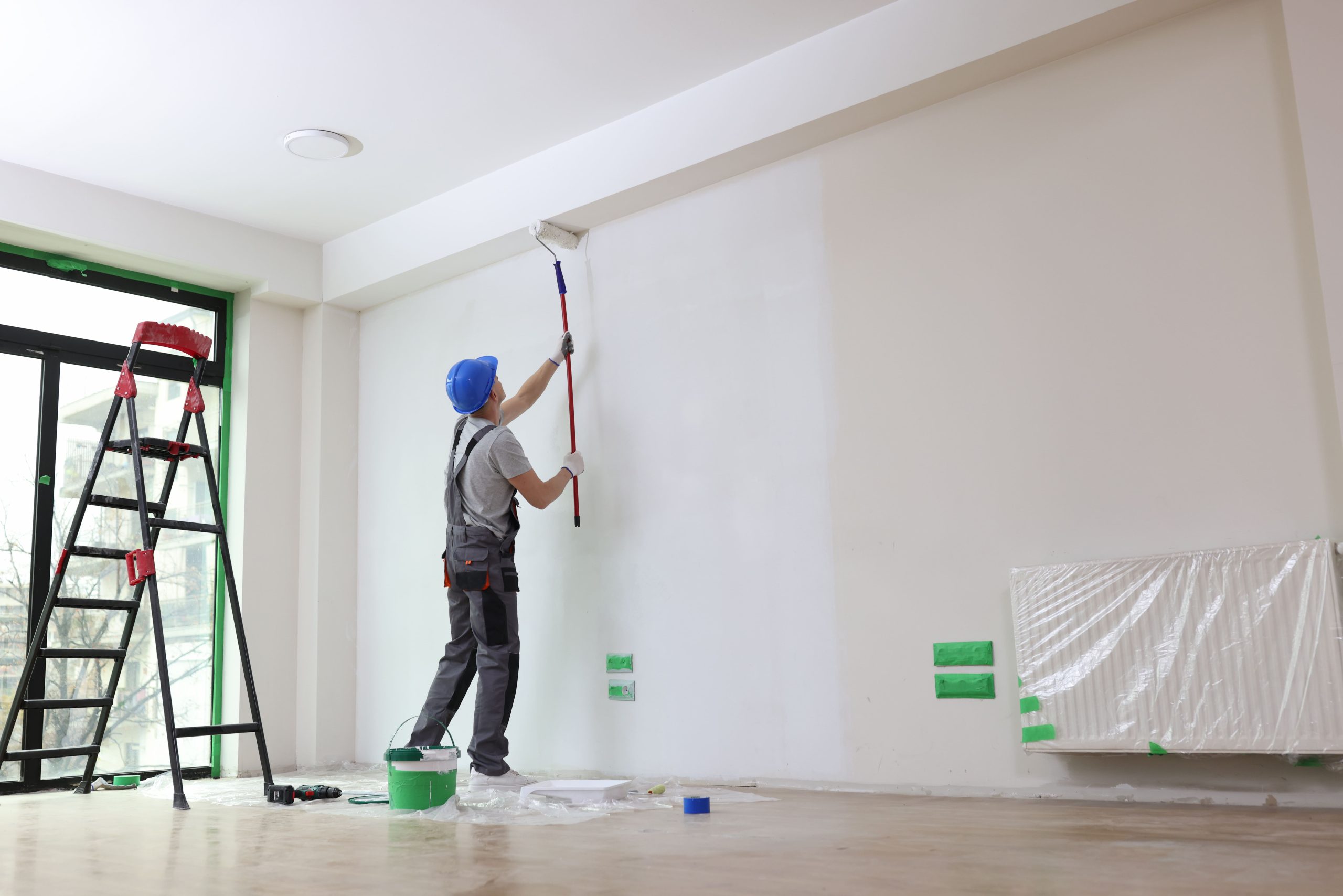Funding to Introduce Fabric First Measures to Houses in Devon

North Devon Homes is to improve the energy efficiency of its homes after securing £1.5 million match funding for the work following a successful funding bid by the South West Net Zero Hub. How is a ‘fabric first’ approach key to tackling current housing issues such as damp and mould?
It has seen North Devon Homes work with local authorities and social landlords across the South West as part of the South West Net Zero Hub to secure the £1.5 million in funding with the additional £1.5 million matched by North Devon Homes.
Funding comes from the government’s SHDF Wave 2
The money is provided through the UK Government’s Social Housing Decarbonisation Fund Wave 2 (SHDF) which will support the overall delivery of more than £82 million worth of home upgrades for low-income households across the South West region of the UK.
This is the second wave of funding for sustainable home upgrades that the South West has received in the past three years. The SHDF forms part of the UK Government’s commitment to reduce overall UK energy demand by 15 per cent by 2030, as well as supporting the ambition for the UK to move towards greater energy independence.
Jon Rattenbury, Programme Manager for the South West Net Zero Hub, expressed that delivering sustainable home upgrades is key to addressing fuel poverty: “This is fantastic news for households in the South West and it takes us a step closer to achieving the region’s net zero targets.”
We look forward to working with our partners to deliver sustainable home upgrades that will make homes warmer and address fuel poverty.
Using a ‘fabric first’ approach can help to eradicate housing issues
Head of Asset Management, Claire Fallow, helped secure the funding and explained that it will help to implement ‘fabric first’ measures: “We are delighted to have been successful in our bid which will fund ‘fabric first’ measures to around 120 of our homes across North Devon.”
The Energy Saving Trust reports that 21 per cent of total carbon emissions in the UK come from our homes and so this money will help us to increase roof and external wall insulation over the next two years.
She continued to express that the ‘fabric first’ approach is crucial to the transition to net zero: “This will help to keep our homes warmer in the winter and cooler in the summer, helping to lower energy bills for our customers and helping to meet the UK’s net zero ambitions.”
A ‘fabric-first’ approach is essential in helping the housing sector to eradicate problems such as damp and mould and is a great way of making a building more energy efficient.
Successfully implementing this approach can help housing providers to think about the long-term health of their houses, rather than just the short-term. This can help save on costs and maintenance.
The funding will support green jobs and training
By supporting upgrades to homes, like implementing a ‘fabric first’ approach, housing providers have a key part to play in boosting local economies and communities. While doing so they can help to tackle fuel poverty and lower carbon emissions.
In order to bring communities the biggest possible benefits and ensure that opportunities flow, the upskilling of workforces and growth of the local supply chain need to be seen.
Lord Callanan, Minister for Energy Efficiency and Green Finance, expressed that boosting green skills and jobs is important to see the sector grow: “This investment will help thousands of households to heat their homes for less, keep them warm for longer and could save hundreds on their annual energy bill.”
The green energy sector is growing, and this funding will support green jobs and provide the training needed to deliver these vital upgrades to homes.
As the government’s target of reaching EPC C rating for all homes by 2030 is rapidly growing closer, seeing support for green skills and training, and the implantation of more sustainable methods being used to ensure that homes become greener, is needed.

